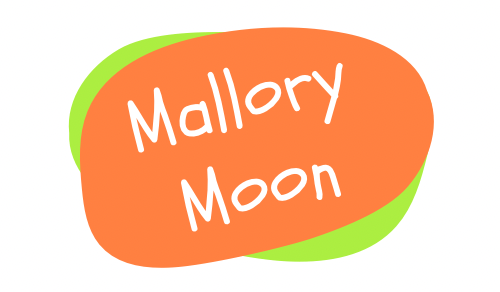Taught the right way, learning mathematics can be easy, fun and can fill one with a sense of awe, with its inherently beautiful harmony and order. Both parents and teachers should convey the message that learning mathematics can be fun. Their expressions of interest, sense of wonder and enjoyment are critical to the child’s interest in the subject.
“Parents are the first mentors for a child. Even before the children can be formally admitted in pre-school kindergartens, they can start playing with numbers,” suggests Dr.MJ Thomas, a child psychologist in the city. Children are playful by nature and have irrepressible curiosity to explore the world through experimenting with the objects around them: see, touch, hear, taste, smell, and arrange the objects, put things together or take them apart. Through such experience the children understand their world intuitively.
Dr. Thomas’ suggestions: collect beads of various colours and tell the kids to alternately string two beads of, say, two colours. Tell them to bring red and green balls and make two piles of equal number of balls. Another game could be to arrange playing cards in rows of three or four. These activities can enforce quantitative thinking and help make numbers our friend.





